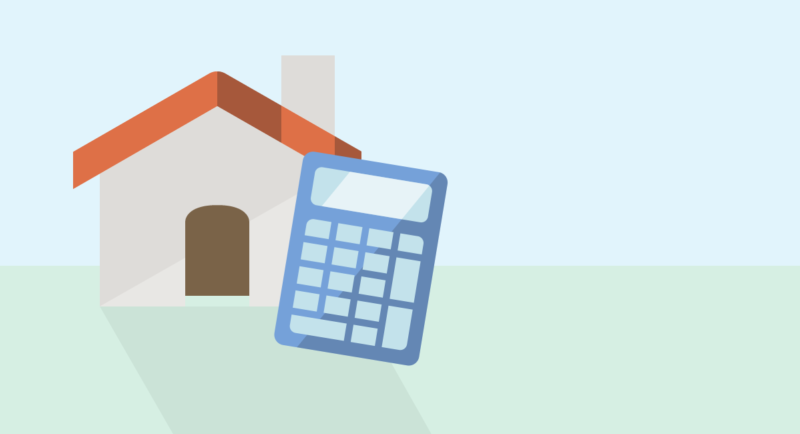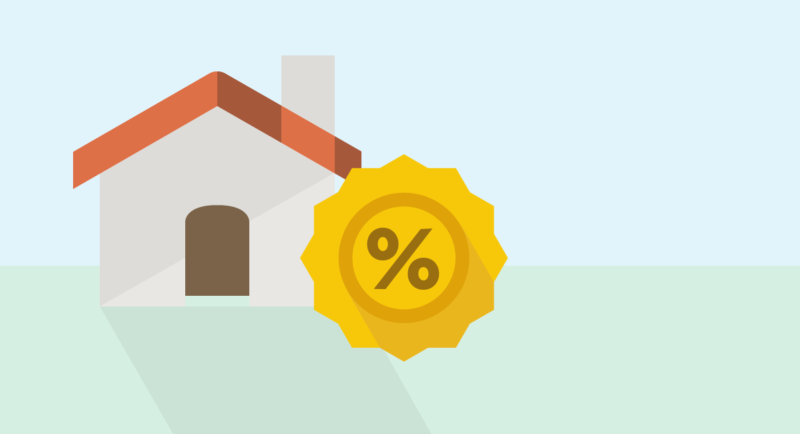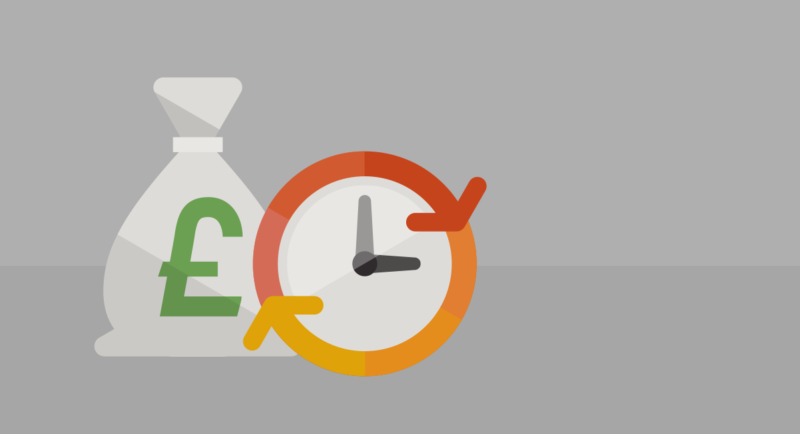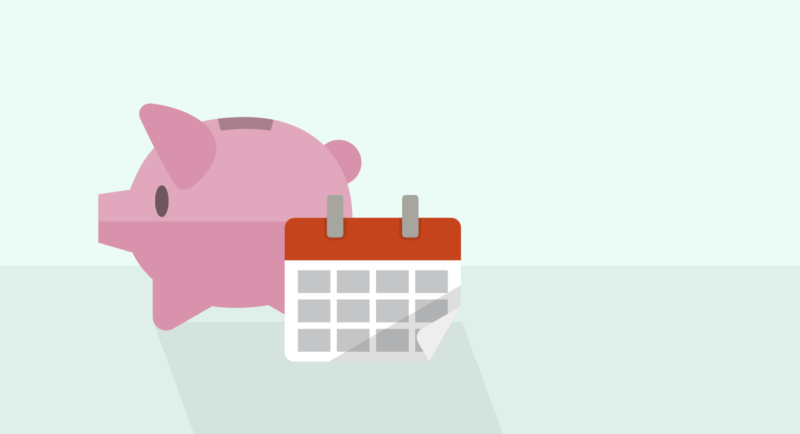And how do lenders work out how much they’re willing to lend?

When a lender assesses your mortgage application, the key question they want to answer is how likely you are to pay it back. That means not only looking at your previous borrowing history but also how much you are looking to borrow. After all, if you overstretch yourself, you are more likely to get into difficulties. So how does a lender work out how much it will lend to you?
-
1
Income multiples
There was a time when the lender would simply look at your salary and offer to lend you two, three, four times what you earn each year as a maximum loan. That’s not a very precise method though, and it got out of hand in the lead up to the financial crisis.
Lenders now have to carry out affordability tests before they will decide what you are able to afford. They are also limited to lending no more than 15% of their loan book in mortgages that are worth 4.5 times the borrower’s salary.
-
2
What does an affordability test involve?
Now, lenders are forced to look in much more detail at your financial habits to determine what you can afford, and therefore what they are happy to lend you.
That means looking at your spending habits, from your regular bills to how often you splash out on a takeaway. They will also look in detail at how you use credit. If you regularly turn to payday loans for example, it will suggest to them that your money management is not the strongest. As a result, they may want to limit what they lend to you.
They will also look at how others depend on you for money. Do you have children? Do you plan to have them soon?
Lenders will look at how your money comes in too. If you have non-guaranteed income, such as bonuses, then they may only take a proportion of that into account when determining what you can afford.
On top of all that, they will not just assess whether you can afford the loan today, but also whether you can afford the loan years down the line with a much higher rate of interest.
It is a rigorous assessment, as you would expect for such a sizeable loan. Take a good look at your spending and debts before you apply for a mortgage. You might stand a much better chance of being successful by paying off any debts well before you apply.
-
3
Should I speak to an adviser?
An independent financial advisor can give specific financial advice to you. They may be able to help you figure out how much you're likely to be lent, and which lenders are most likely to want to lend to you. They can also advise upon a course of action for you to take.



